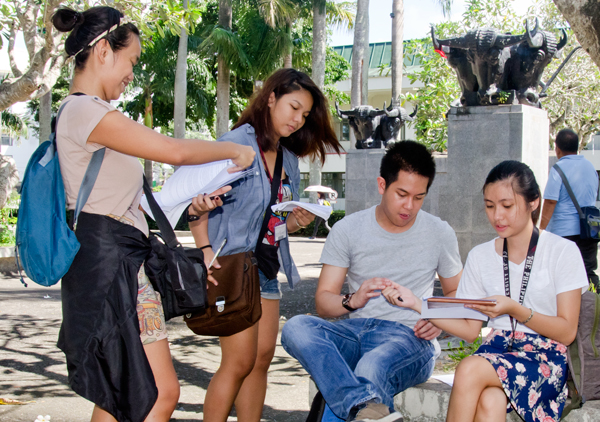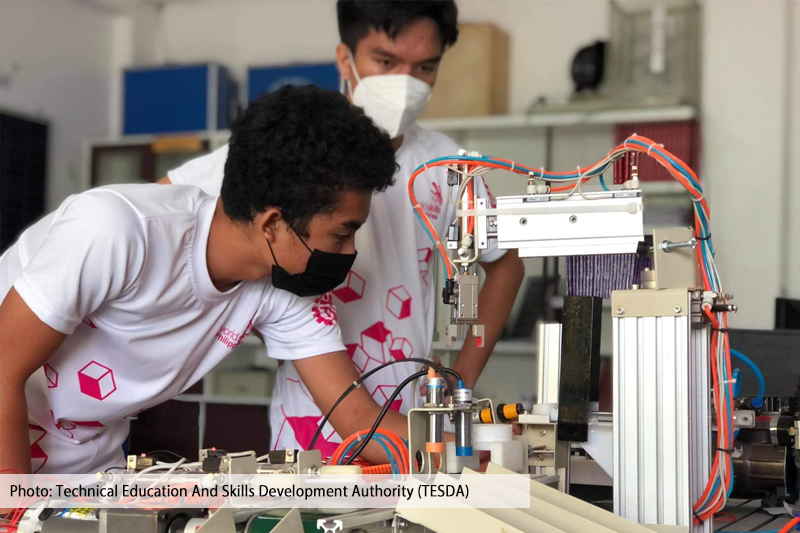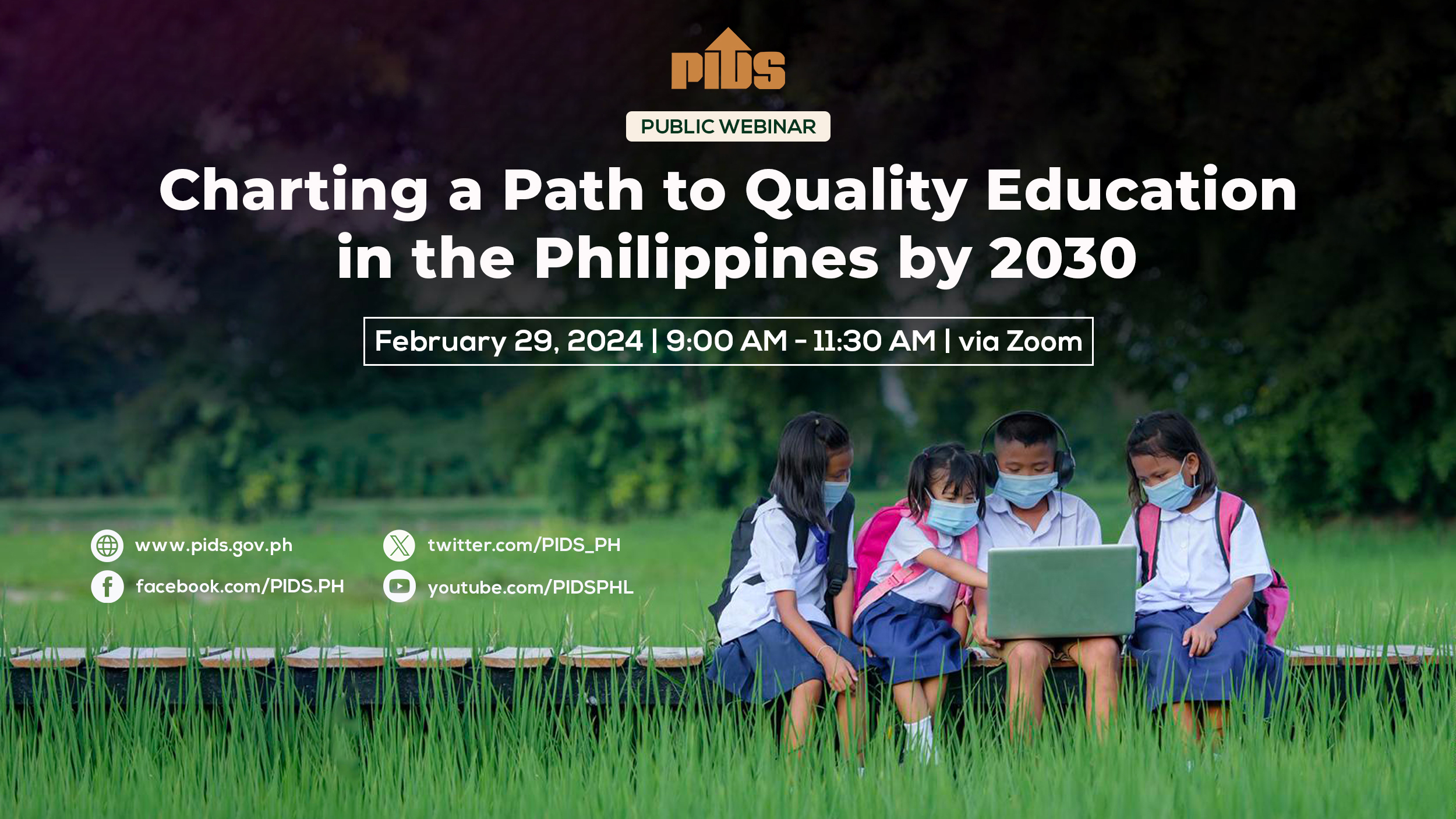
The road to inclusive growth can start with education. Human resource is the backbone of the economy, and a well-trained, highly competitive workforce is key to increased productivity and national competitiveness. Education can promote inclusive growth but can also be a purveyor of inequity if left unguided.
Research by PIDS is helping inform policy. For instance, PIDS has found that the government's conditional cash transfer program—the Department of Social Welfare and Development's (DSWD) Pantawid Pamilyang Pilipino or 4Ps—has been successful in improving school attendance among poor households. Relatedly, a study jointly conducted by PIDS and the United Nations Children's Fund shows that the incidence of out-of-school children has been declining dramatically since 2008. Authors Jose Ramon Albert of PIDS and Clarissa David of the University of the Philippines-Diliman attribute this to the 4Ps, the passage and implementation of the mandatory kindergarten and the K to 12 law, and the increasing budget of the Department of Education.
In terms of tertiary education, quality remains an issue. A study by Rosario Manasan, also of PIDS, reveals the low passing rates in professional board examinations of graduates from state colleges and universities (SUCs). Manasan has emphasized the need to improve the operational efficiency of SUCs that are heavily subsidized through taxpayer’s money. The government, through the Commission on Higher Education, has to do a better job in rationalizing the burgeoning number of higher education institutions, a number of which are offering programs that are not their competitive advantage or are outside of their core mandate, which explains the poor quality of instruction in many SUCs.
A well-designed and expanded student financial assistance program that gives students the capacity and freedom to choose what course and school to take is necessary to improve the efficiency and equity of the tertiary education system. Current initiatives include the Students Grants-in Aid Program for Poverty Alleviation (SGP-PA) and its expanded version. The SGP-PA targets poor families that are 4Ps beneficiaries and, thus, strengthens the goal of eradicating intergenerational poverty through education. However, the initial results of the program’s evaluation conducted by PIDS reveal that it is undermined by poor selection of grantees. The process ignores academic ability, an important predictor of course completion and a critical element for the program’s success. PIDS Consultant Denise Silfverberg recommends refining the selection process by enforcing admission exams in selecting grantees and choosing those who are not only financially constrained but also have the ability to finish their course.
Know what other PIDS studies have to say about the issues confronting the education sector, visit the SocioEconomic Research Portal for the Philippines. Simply type “education”, "human Capital", “inclusive growth”, and related terms in the Search box.












